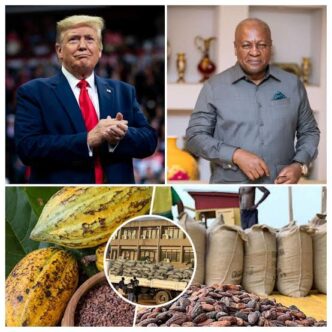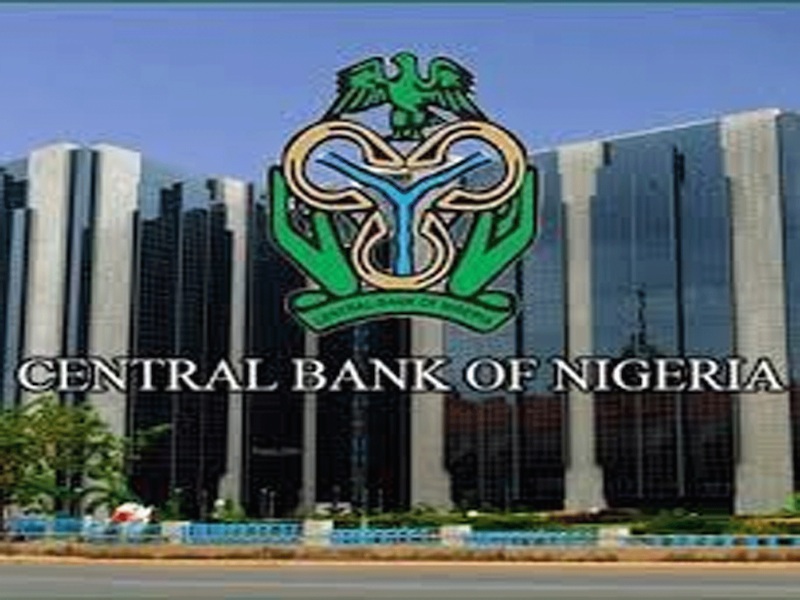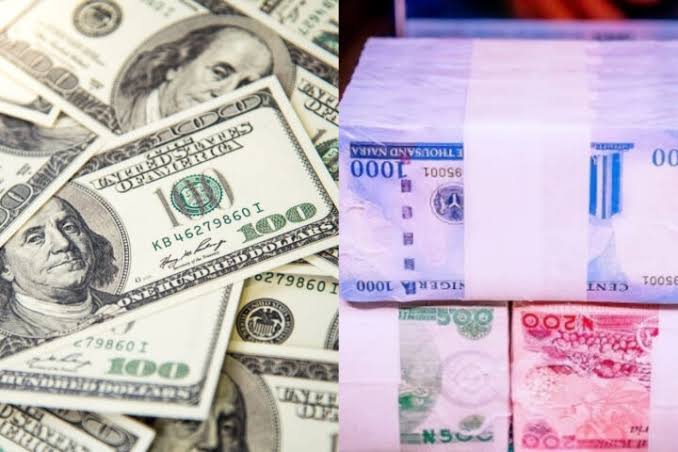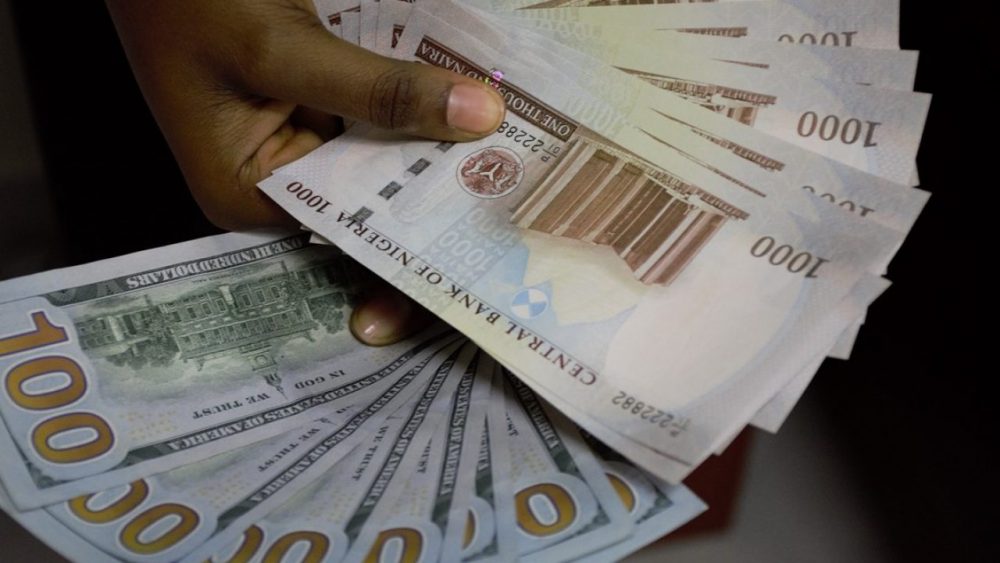Ghana has received formal notification from the United States confirming the complete removal of the 15 percent tariff previously imposed on its cocoa and agricultural exports, Foreign Affairs Minister Samuel Okudzeto Ablakwa announced on Monday.
Gatekeepers News reports that the development comes at a delicate time in Ghana–US relations. Accra recently accepted a group of West African deportees from the United States on what it described as humanitarian grounds, a decision that drew domestic criticism. Washington also lifted its visa restrictions on Ghanaian travellers after months of negotiations.
“The United States administration has officially informed the Government of Ghana that President Trump’s 15% imposition of tariffs on Cocoa and certain qualifying agricultural products from Ghana have been rescinded,” Ablakwa posted on X.
According to him, American diplomats confirmed that “the 15% tariff reversal came into effect on November 13, 2025 following President Trump’s new Executive Order.”
The tariffs, introduced under a Trump-era policy, had significantly increased the cost of Ghanaian agricultural products entering the US market. Ghana exports an average of 78,000 metric tons of cocoa beans to the United States annually. With current spot prices at about $5,300 per metric ton, the minister said Ghana “stands to raise additional revenue of US$60 million… each year resulting from Trump’s tariff rescission.”
The exemptions extend beyond cocoa to several other agricultural products, including cashew nuts, avocados, bananas, mangoes, plantain, pineapples, coconuts, ginger, and peppers.
“Ghana welcomes this positive development from the US which is the world’s leading importer of chocolate and cocoa products. Ghana and the USA will continue to forge closer and mutually beneficial relations,” Ablakwa added.
Economists say the move represents an important diplomatic and economic boost after years of tension over deportations and documentation issues. “It’s a win-win situation for both countries,” said Accra-based economist Daniel Amateye Anim-Prempeh of the Policy Initiative for Economic Development (PIED).
“The cocoa sector, the backbone of Ghana’s agricultural economy, stands to gain the most from improved access to the US market.”
Ghana, the world’s second-largest cocoa producer, relies heavily on export earnings to stabilise its currency and support public spending.
In contrast, other African countries — including Nigeria — were hit with a 15 percent tariff under a separate executive order announced by President Trump in August. That move formed part of a revised reciprocal tariff policy from the White House. Earlier in April, the US had imposed tariffs on several global trading partners, including a 14 percent levy on Nigerian exports. The reciprocal tariffs were later delayed by 90 days to allow for individual trade negotiations, with a new deadline set for August 1.








